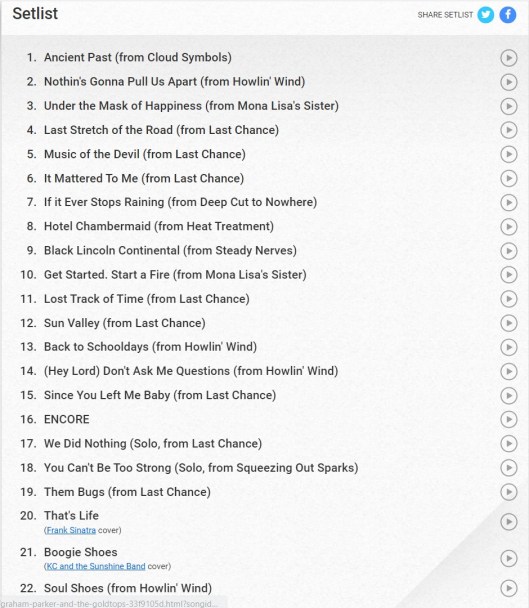A recurring mention of mine is that “I am in writing mode” – deliberately avoiding reading new publications, even where it will obviously be relevant to my writings – everything is connected at some level of abstraction after all. I acknowledged this state existed “in theory anyway” when failing and reading a couple things in the last month – Humboldt and Prigogine for example.
That pattern recurs in microcosm ever month or two when I find I have dozens of browser pages open, after clicking on social media responses to topics I’m working on. And then I have to do a post, like this one below, to close all those pages whilst nevertheless saving them for posterity.
(I used to use a bookmarking app for that – but it’s a vicious cycle, the easier it is to bookmark, the more things get bookmarked and the harder it is to index or tag in ways that make them findable in future!)
So here goes:
“Book Review: Elon Musk – Not the new one, sorry” Musk’s interference in the social media (and the political commentary and free-speech landscape generally) highlights / intersects another topic of mine. That is he and many problematic modes of thought deserve honest use of the technical term “Autistic”. The PC / Woke agenda reminds us we need to be careful being critical of individuals – respect the human – on that spectrum, but the problematic thought pattern is real and really is problematic.
Philip Goff on Fine Tuning – not one I expected.
And this is the Philip session at HTLGI mentioned in that piece at BBC3 Free Thinking. Featuring Liz Oldfield as well as Dan Dennett.
Literary Kicks – I think this James Joyce link was a Pirsig connection?
(via ZMMQuality on Facebook)
Matt Crawford – this is a piece he wrote for the Smithsonian about Pirsig / ZMM after Bob died, and we know Matt provides an intro to next years 50th anniversary edition of ZMM. Hat tip David Matos at ZMMQuality on Facebook again.
Is There a Crisis in Cosmology? Is there ever – part of The meta-crisis. pay-walled at NYT.
A professional full length documentary version of Des Molloy’s “authentic” re-run of the Pirsig ZMM journey. He’s an interesting person. From “The Motorcycle Film Fest” – watched it last night.
A 2016 review of Stafford Beer and his Cybersyn Allende’s Chile project. (See previous “Santiago Boys“.
Information Theoretic Thermodynamics – not a new topic here, but a recent novel take from Chiara Marletto, in the Journal of the Institute Of Physics – I’ve not got my head round yet.
Alan Watts is alive online: contradictions of a pop philosopher by Nicolás Boullosa on March 22, 2023. Came up because The Whole Earth Catalogue came up at the recent Teesside Skeptics – not that Watts had any involvement in Stuart Brand’s “paperback Google” project, but both came out of the 1960’s “counterculture” movement.
One of my less well known heroes John C Doyle.
Gregory Bateson on Wikipedia – still catching-up on what I’m missing with him. (I was originally dismissive after his connection with discredited Margaret Mead?
REFLECTIONS
ON
THE
MOTIVE
POWER
OF
FIRE, AND
ON
MACHINES
FITTED
TO DEVELOP
THAT
POWER Sadi
Carnot 1825 (Excerpts)
Still following up Tim Kueper’s references to this.
Sven Lindqvist – wrote some articles about Pirsig at MSU Bozeman, Mt but seem to have lost them.
And an interview with Dan Dennett at Tufts on the publication of his memoir (already on order).
=====
Now, where was I?
=====


 (My pic of GP from the November 1978
(My pic of GP from the November 1978




